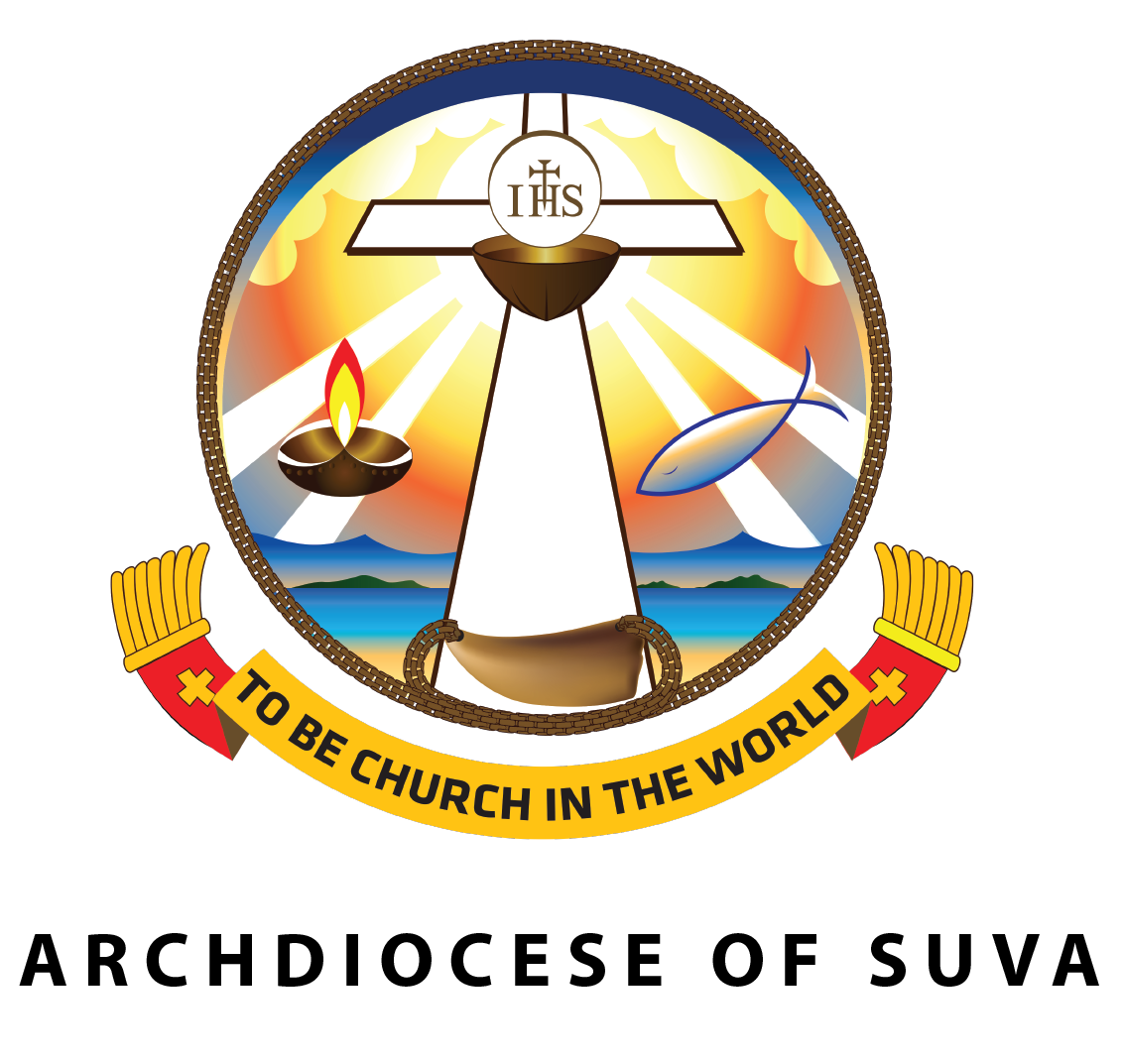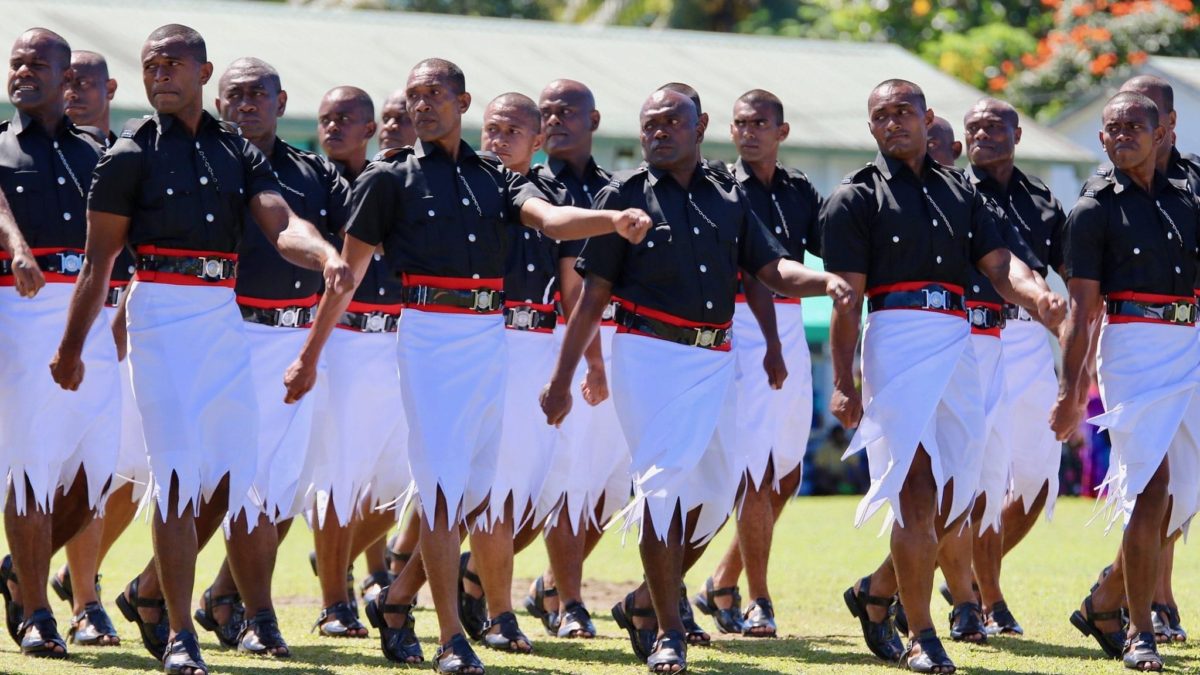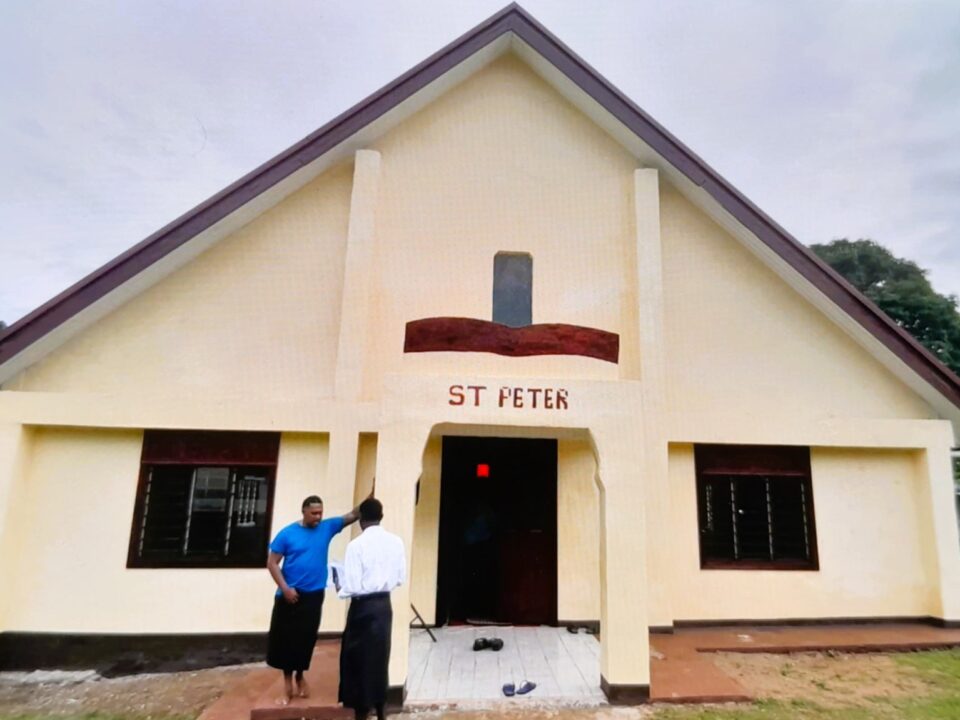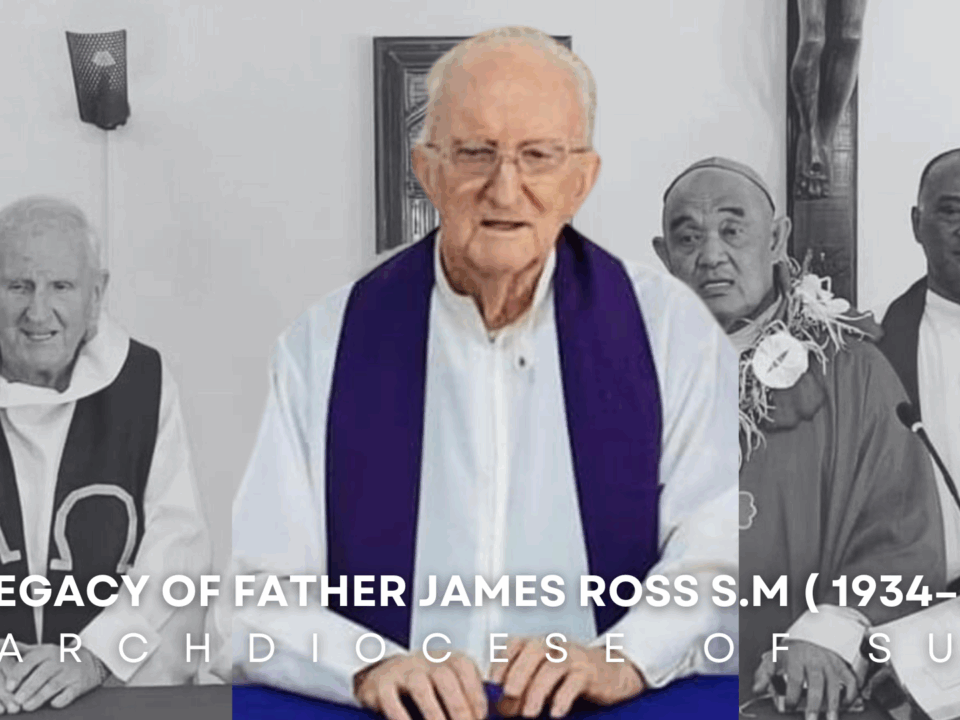Catholic Social Teaching and Draft Police Bill
by Archbishop Peter Chong
Nanise Saune-Qaloewai, Deputy Team Leader for Effective Governance, UNDP Pacific Office in Fiji states that the Police Bill is the result of much work and consideration to the way in which the Fiji Police aims to improve the performance and culture of the Fiji Police Force. The Bill attempts modernize and refine police service to better protect victims, witnesses and suspects and accused alike.
Qaloewai adds that updating the existing Police Act is a critical exercise. The current Act, passed in 1965, needs to be brought into the 21st century, and consider positive standards and best practices from international treaties to which Fiji is committed, and take advantage of the opportunities modern technology affords the Fiji Police Force to better carry out its duties and mandate.
Wylie Clarke, president of the Fiji Lawyers Associations says however, the increased Police powers go well beyond improving the performance of the police and potentially affect fundamental human rights set out in the Constitution and international conventions which Fiji has signed.
He says the proposed bill may also conflict with provisions of the Criminal Procedure Act and common law rights to personal and real property and privacy.
He adds that immunity afforded to police officers under the draft bill’s proposed terms must therefore also be carefully scrutinised.
Like Mr. Clarke I am concerned why face to face consultations are currently restricted to the maritime islands and rural areas and that people living in urban areas are to provide their submissions online.
I wish to offer some reflections and contribution to the Police Bill consultation. For the Catholics the Catholic Social Teachings (CST) deals with the nature of moral behaviour in the social, political and economic order. Catholic Social Teachings is based on a set of principles to assist governments, organisations and communities make moral decisions which maintain individual human dignity within the framework of the common good.
CST invites us to consider important ethical questions regarding to policy norms. In regard to the draft Police Bill I will reflect on three CST principles:
1. Human dignity
2. Participation
3. Subsidiarity
1. Human dignity
Every single person is created in the image of God. Therefore, they are invaluable and worthy of respect as a member of the human family. The dignity of the person grants them inalienable rights – political, legal, social, and economic rights. This is the most important principle because it is from our dignity as human persons that all other rights and responsibilities flow.
How does the draft Police Bill protect the dignity and rights of every human person?
I am concerned about peoples’ dignity and rights when the draft bill proposes immunity to police, to search crime scene and to seize electronic storage devices without a warrant.
The above clause seems to give police absolute rights over people. CST holds that people’s freedom and dignity must be respected. While we may have rights we still have to respect and be responsible about protecting people’s dignity and rights. Your individual right or professional right is not universal.
2. Participation:
People have a right and a duty to participate in society, seeking together the well-being of all, especially the poor and vulnerable. Everyone has the right not to be shut out from participating in those institutions necessary for human fulfilment, such as work, education, and political participation.
We believe people have a right and a duty to participate in society, seeking together the common good and well-being of all, especially the poor and vulnerable.
How do people participate in the policy? Will they generate active social participation?
For a policy that affects all citizens, prior consultation is necessary so that people take ownership of the policy. Consultation must be participatory and fair. Why is face to face limited to rural communities?
3. Subsidiarity
The Catholic Social principle on subsidiarity teaches that ‘No higher level of organisation (such as government) should perform any function that can best be handled at a lower level (such as families and local communities) by those who are closer to the issues or problems.’

Picture credit: Fiji Police
The primary norm for determining the scope and limits of governmental intervention is the “principle of subsidiarity” cited above. This principle states that, in order to protect basic justice, government should undertake only those initiatives which exceed the capacities of individuals or private groups acting independently. Government should not replace or destroy smaller communities and individual initiative. Rather it should help them contribute more effectively to social well-being and supplement their activity when the demands of justice exceed their capacities. These does not mean, however, that the government that governs least, governs best. Rather it defines good government intervention as that which truly “helps” other social groups contribute to the common good by directing, urging, restraining, and regulating economic activity as “the occasion requires and necessity demands”
Have the police consulted the communities on police performance? Have the police allowed people to contribute to draft bill. The police serve the public and therefore people have first hand knowledge on police performance. The principle of subsidiarity respects local peoples contribution and responsibilities. They know when the police are doing their job well and when they are failing.
 Picture credit: Fiji Police[/caption]
Picture credit: Fiji Police[/caption]
Finally, these are important questions to pose regarding the bill:
Whose interests are being served?
Whose interests are neglected, by choice or inadvertently?
What are the values that drive the policy?




